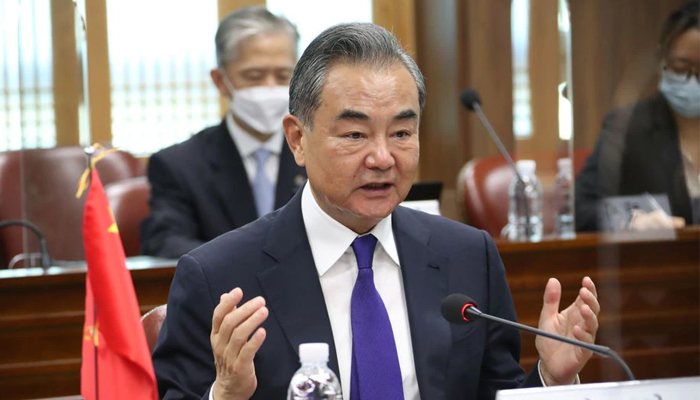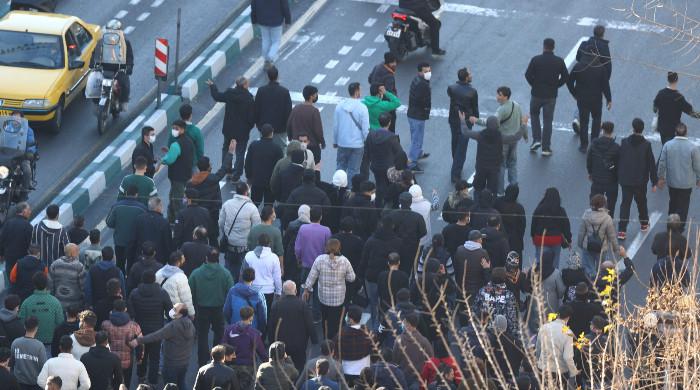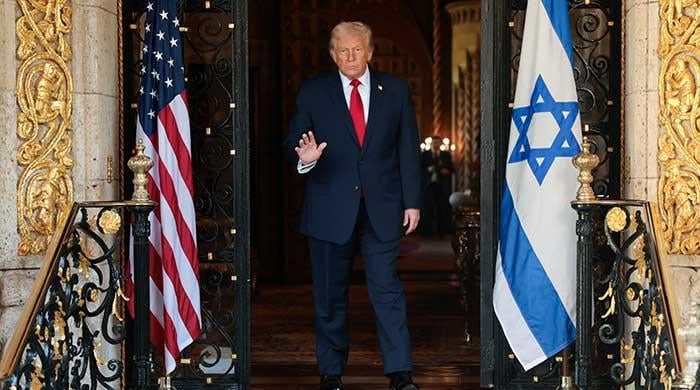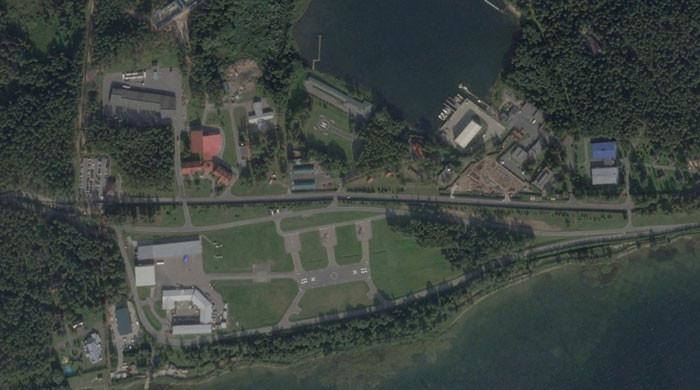Economic sanctions on Afghanistan must end: China's foreign minister
Wang Yi says Afghanistan's foreign exchange reserves are national assets that should belong to the country's people
September 23, 2021

- Wang Yi says Afghanistan's foreign exchange reserves are national assets that should belong to the country's people.
- The foreign minister was speaking at a virtual G20 foreign ministers meeting on Afghanistan.
- The various unilateral sanctions or restrictions on Afghanistan should be lifted as soon as possible, says China's State Councillor.
BEIJING: The various unilateral sanctions or restrictions on Afghanistan should be lifted as soon as possible, said China's State Councillor and Foreign Minister Wang Yi.
Economic sanctions on Afghanistan must end, the Chinese foreign ministry said in a statement, citing Wang at a virtual G20 foreign ministers meeting on Afghanistan on Wednesday.
Afghanistan's foreign exchange reserves are national assets that should belong to the country's people and be used by its own people, and not be used as a bargaining chip to exert political pressure on Afghanistan, he said.
On September 15, the Russia and China allies conducted a series of meetings on Afghanistan held in the war-torn country’s neighbour, Tajikistan.
Moscow and Beijing have moved to assert themselves as key players in the region, after the United States’ hasty retreat from Afghanistan and the Taliban's takeover of the country.
Two regional security blocs led by Moscow and Beijing held summits in the capital of ex-Soviet Tajikistan, Dushanbe, with other countries attending as observers and guests.
Afghanistan, already heavily dependent on aid, is facing a new economic crisis in the aftermath of the Taliban’s takeover, with the new authorities unable to pay salaries as food prices soar.
Its neighbours are wary of the threat of a sustained refugee crisis, as well as of spillover violence if the Taliban fail to control extremist groups with whom they were allied in the past.









